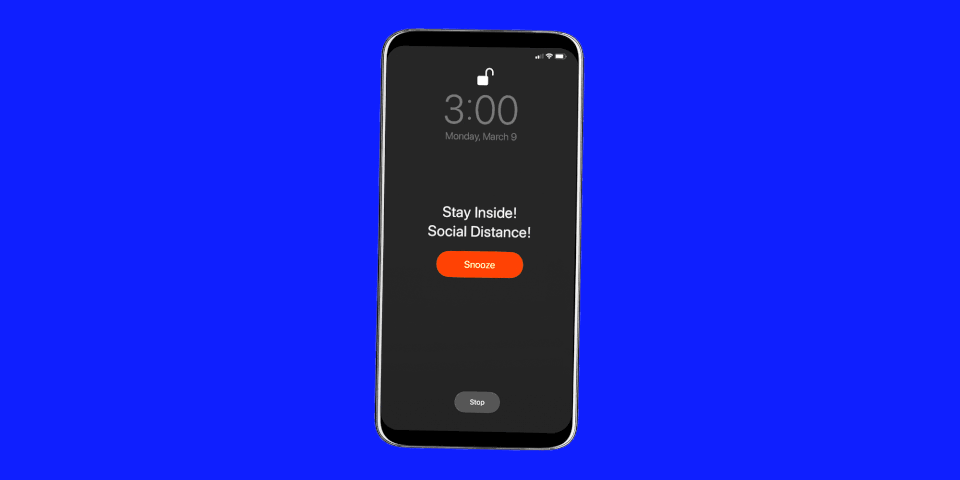Why We Waited So Long To Take The Coronavirus Seriously

One of the most frustrating aspects of the coronavirus outbreak is that fewer people would be dead now had we taken the pandemic seriously a month ago.
Instead, as the weather turned nice and scientists were calling for self-quarantines, Americans spilled onto bar patios, beaches and boarded flights for vacations. Some people insisted on commuting to work, and in New York, the virus’ biggest U.S. playground, people are still going to speakeasies and hosting potlucks. Even the president spent weeks insisting the virus would disappear shortly and that America would go back to business as usual.
Look outside your window right now or go to a park, and you’ll see that many people still aren’t staying the recommended six feet apart. While it’s infuriating to know that people are still congregating on their stoops for neighborhood happy hours while elsewhere, dead bodies are being loaded onto refrigerated trucks, this behavior is also human nature.
So why were Americans so slow to grasp the scale of this outbreak? We talked to Steven Taylor, a professor and clinical psychologist at the University of British Columbia, about the science behind this kind of denial.
Responses have been edited and condensed for clarity.
HuffPost: You recently published a perfectly timed book called “The Psychology of Pandemics” that looks at how people respond to outbreaks. Were you surprised by the fact that Americans didn’t really begin to socially isolate until the coronavirus had already killed hundreds of people?
Steven Taylor: No, I wasn’t surprised at all. Many people have what’s called an unrealistic optimism bias. It’s a tendency to underplay threats and to see yourself as being more impervious than the average person. To many people, the coronavirus seemed like a disease that was in another country. People were not seeing it in their communities. People were being reactive rather than proactive, wanting it to be overblown, wanting things to be...


